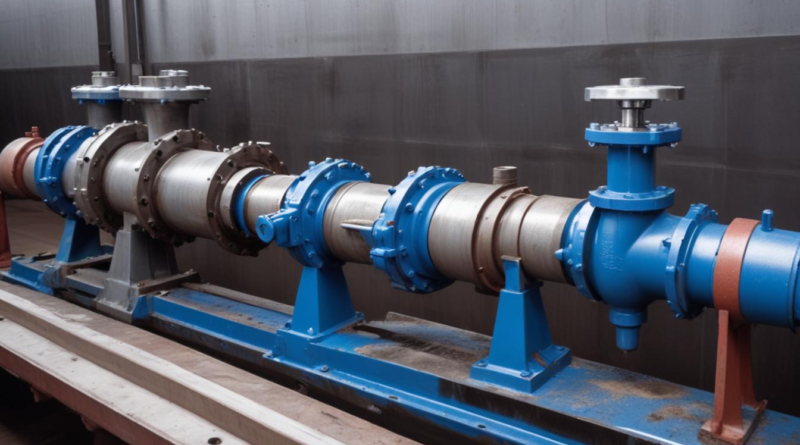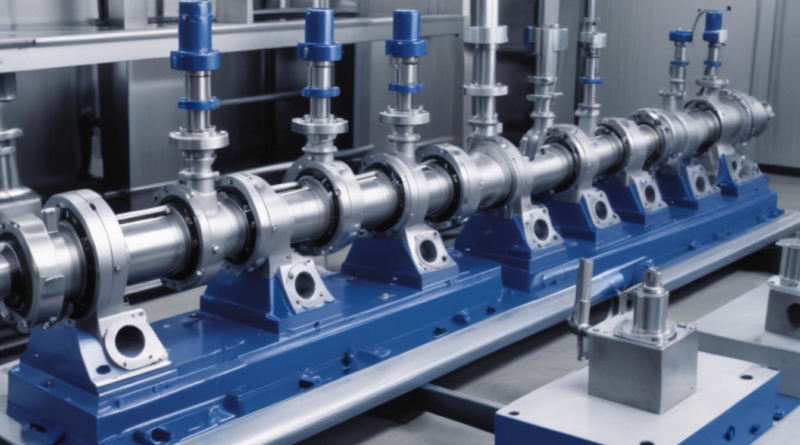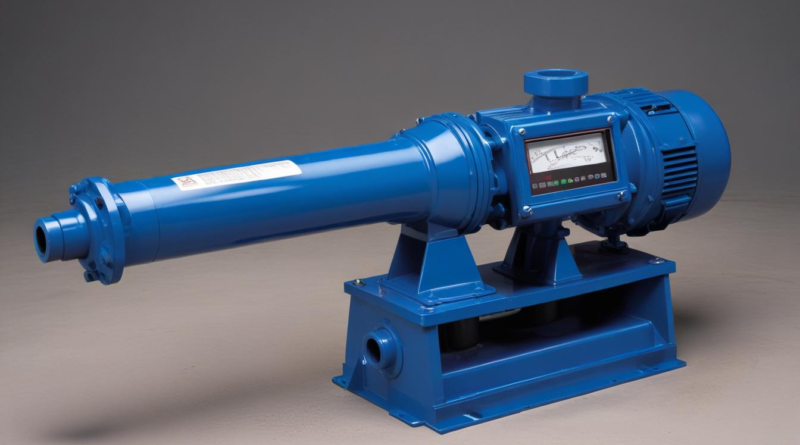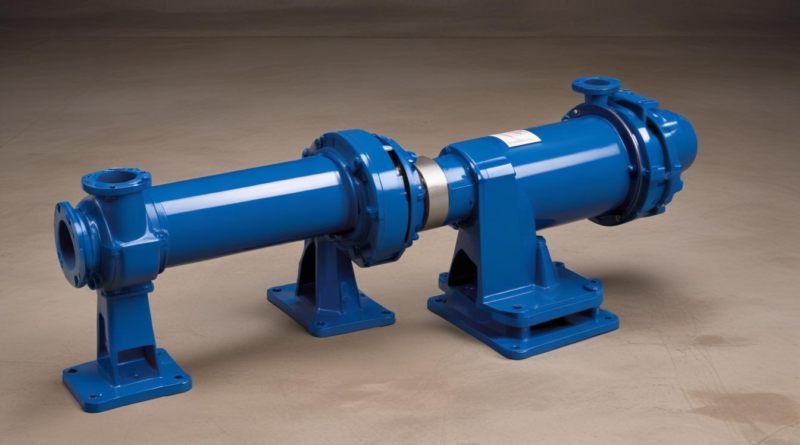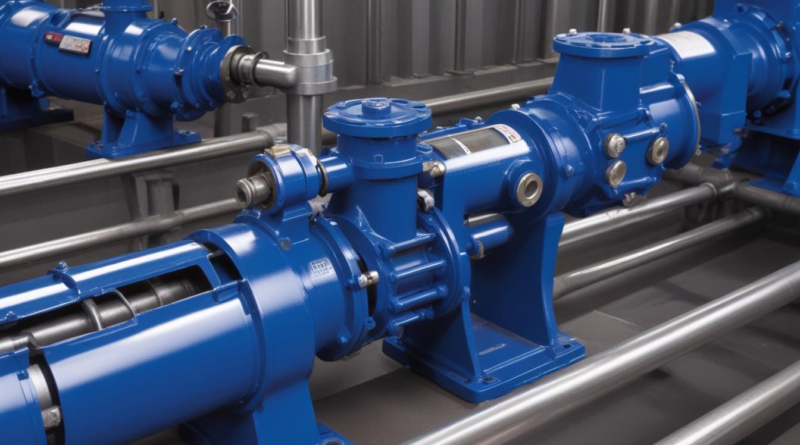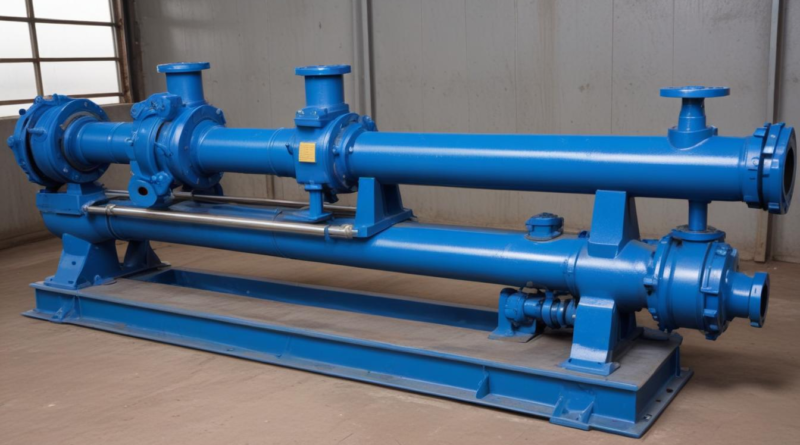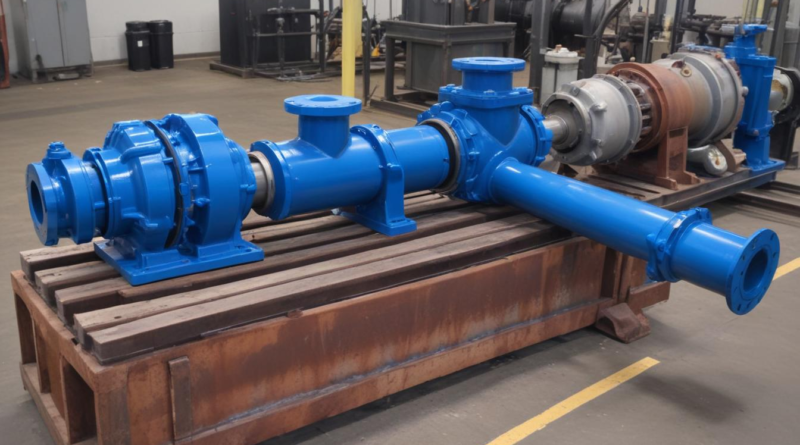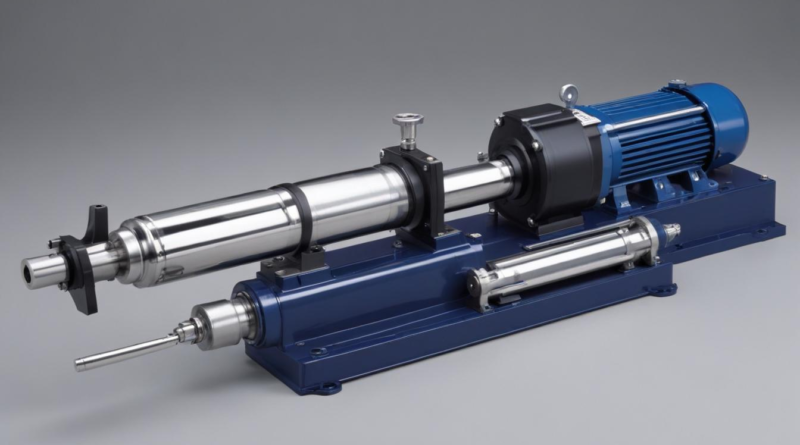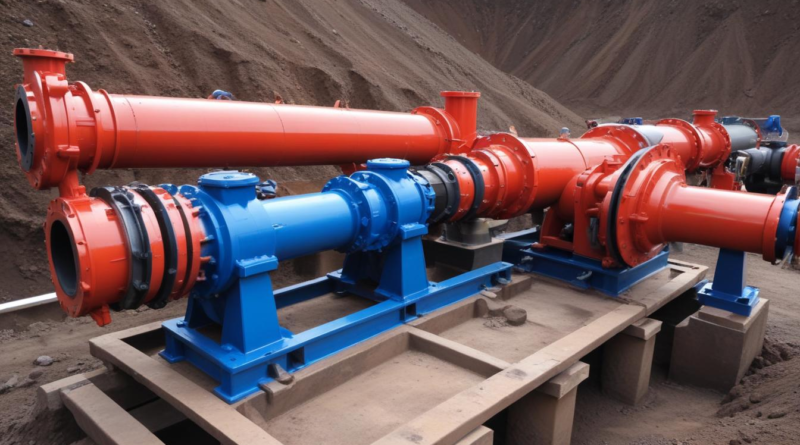Corrosion-resistant materials for progressive cavity pumps
The selection of corrosion-resistant materials is vital for the efficiency and longevity of progressive cavity pumps, commonly used in harsh environments. Different materials, from stainless steel to polymer-based composites, play significant roles in combating various corrosion types. Engineers face the challenge of evaluating fluid compatibility, operational conditions, and specific corrosion risks to optimize pump performance. Innovations in coatings further enhance durability, minimizing maintenance and downtime. Real-world case studies reveal how strategic material choices can dramatically reduce wear and improve system reliability, providing insights for future applications.
Read More
